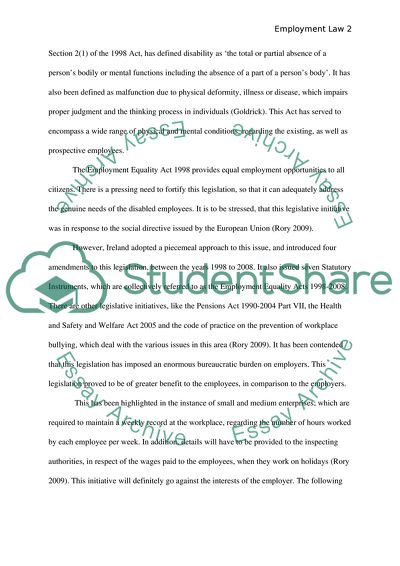Cite this document
(Irish Law and the Onus on Fair Procedures Term Paper, n.d.)
Irish Law and the Onus on Fair Procedures Term Paper. Retrieved from https://studentshare.org/law/1733149-irish-law-places-a-very-large-onus-on-fair-procedures
Irish Law and the Onus on Fair Procedures Term Paper. Retrieved from https://studentshare.org/law/1733149-irish-law-places-a-very-large-onus-on-fair-procedures
(Irish Law and the Onus on Fair Procedures Term Paper)
Irish Law and the Onus on Fair Procedures Term Paper. https://studentshare.org/law/1733149-irish-law-places-a-very-large-onus-on-fair-procedures.
Irish Law and the Onus on Fair Procedures Term Paper. https://studentshare.org/law/1733149-irish-law-places-a-very-large-onus-on-fair-procedures.
“Irish Law and the Onus on Fair Procedures Term Paper”, n.d. https://studentshare.org/law/1733149-irish-law-places-a-very-large-onus-on-fair-procedures.


